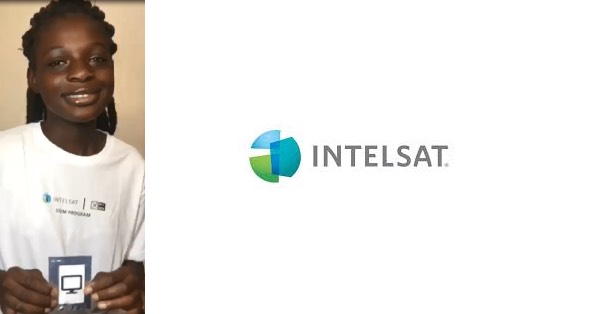Intelsat’s second annual Africa STEM Space Challenge is well underway. Intelsat’s partnership with MaxIQ Space delivers its Xinabox Space STEM program to teenagers across the African continent.
The intensive program culminates in students designing, building, and launching satellites into space. This unique opportunity is entirely virtual, with each student receiving a STEM kit and engaging in virtual workshops delivered by space education specialists.
Thirty-one students from across the continent were chosen to participate and received Space STEM kits designed to align with the U.N. development goals.
The kits are made up of a variety of electronic components and sensors, specifically selected for maximum utilization and experimentation, and are designed to maximize experimentation and learning.
This allows participants to engage with important Internet of Things and Big Data concepts, as well as develop electronic products and solutions. The items will be used by the students as they design and assemble their own devices, gather data with sensors, and transfer that data via the internet to the data dashboard, the experimenters learn to track and analyze data. As these experiments are conducted, students learn about the environment all while reviewing the data live on a cloud dashboard.
“The participants are engaging in STEM topics that they perhaps do not cover in their schooling and applying their knowledge when conducting the practical experiments. Our whole team is inspired by the youngsters’ high engagement and the energy that they are directing at this program,” said Judi Sandrock, the program manager for MaxIQ. “The challenge is twofold, a group project to develop a satellite design concept supporting a sustainable development goal, and an individual design submission for a habitat on Mars.”
“We believe this type of scientific experiment is helpful for students to see how technology can solve real-world problems that will impact their future,” added Hans Geldenhuys, Intelsat director of sales, Africa. “Intelsat is proud to encourage interest in STEM for our next generation of Space leaders. We hope this exciting program opens their eyes to the endless possibilities that Space Science has to offer and encourages them to explore STEM in a practical, exciting, and engaging way leveraging the power of satellite technology and innovation.”
As of this writing, 10 workshops have been completed, there are three more to go. To complete the challenge, participants will submit their group and individual assignments by May 31, 2022.






































